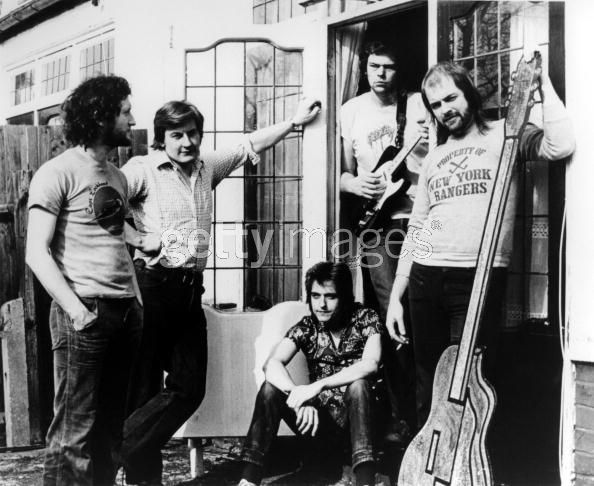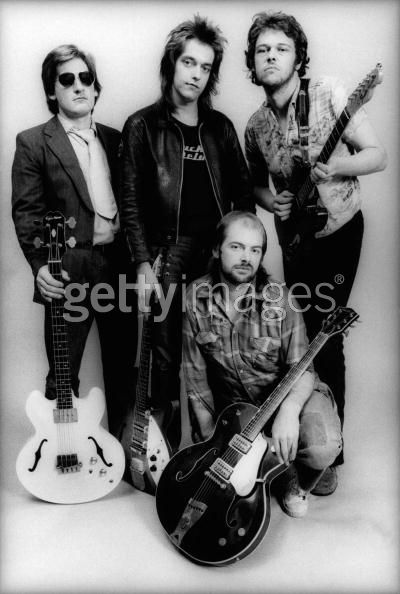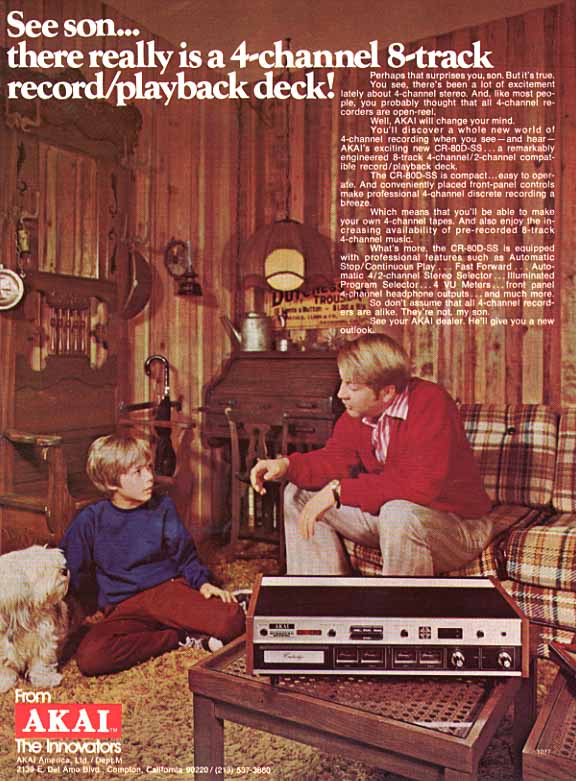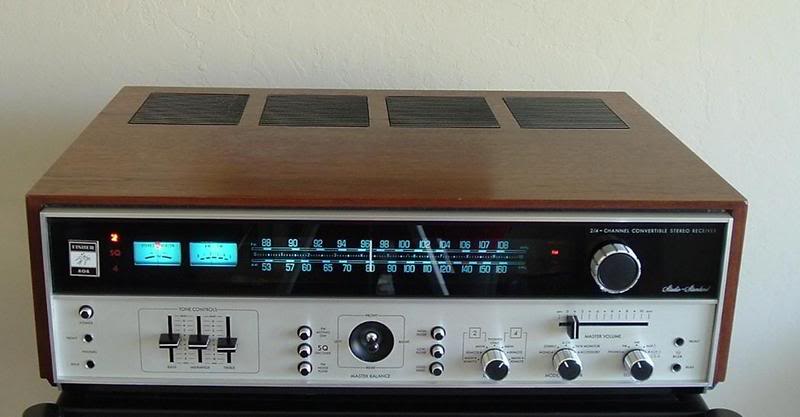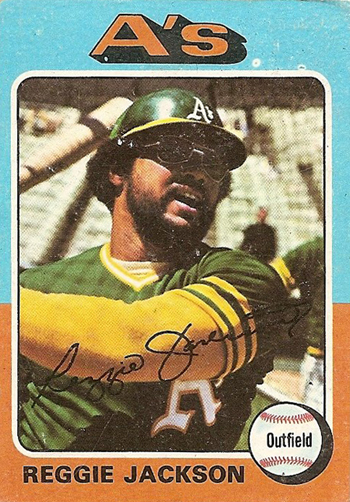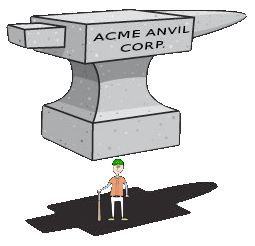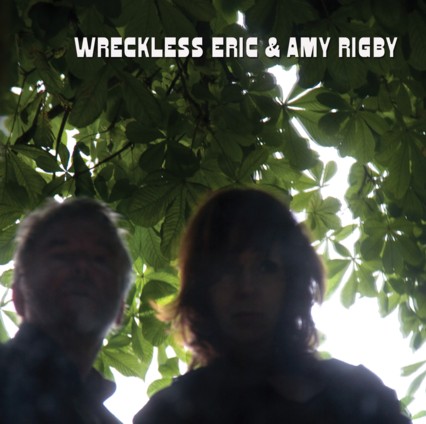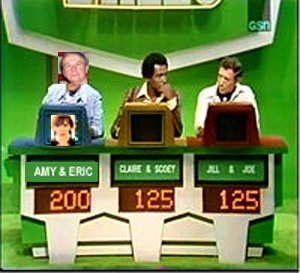In honor of the recent RTH interview with Martin Belmont I want to have a look at his first band, Ducks Deluxe, and the later careers of its members to see what it tells us about the evolution of British rock in the ’70s and afterwards.
As Martin says in the interview the Ducks specialized in rough and ready rock and worked best when focused on frontman Sean Tyla. Mr. Mod already posted the one good clip of the band playing one of its signature songs live, but here’s the studio version of “Coast to Coast.”
It was the opening track of their eponymously titled first album, and I love the way Tyla welcomes the audience with “All right, kids, are you readuh?” We’re going to talk more about him later, but Tyla was a real character, and he specialized in this kind of straight ahead, almost Springsteenian rock. Here’s “Fireball.”
Tyla also liked to write about imaginary Americana, so there are songs with titles like like “Rio Grande” and “West Texas Trucking Board.” The problem with Ducks Deluxe as a recording band is that you can’t really have a whole album of uptempo rockers like that, and they faltered a bit when it came to ballads. Also, there were two other songwriters in the band, our buddy Martin Belmont and Nick Garvey, and the vocals on those songs are much less distinctive than Tyla’s. Here’s Belmont’s “Something Goin’ On,” with later Ducks bassist Micky Groome on vocals:
The different styles of the songwriters just seem to make it a little hard to get a fix on the identity of the band. Live this probably would not have been so much of a problem, and the excellent covers on their albums (Eddie Cochran’s “Nervous Breakdown,” Bobby Fuller’s “I Fought the Law,” and Bobby Womack’s “It’s All Over Now”) give some other hints of why they were popular on the pub rock circuit. But as usual in this genre their records didn’t sell, and they disbanded in 1975.
They had a decently selected best-of LP named after another of their signature rockers, “Don’t Mind Rockin’ Tonight.”
It was issued in 1978, I assume because the members had achieved some fame in subsequent bands. I don’t think it ever made it out of the vinyl era, but you can probably find a copy. Despite their lack of sales at the time, they are now pretty well-represented on CD. Their two regular albums (the second one is called Taxi to the Terminal Zone) are available as a twofer. And there’s a second twofer with their third record, which was an EP, some stray tracks, and then the first album by the Tyla Gang, Sean’s next band, again about which more in a minute. The Ducks have actually reformed recently for some European dates, and they’ve issued a very nice, newly-recorded EP called Box of Shorts, which, except for being much better recorded, sounds pretty much like the original band. Here’s a clip of them performing a song from the EP, “Diesel Heart,” in Stockholm last year:

